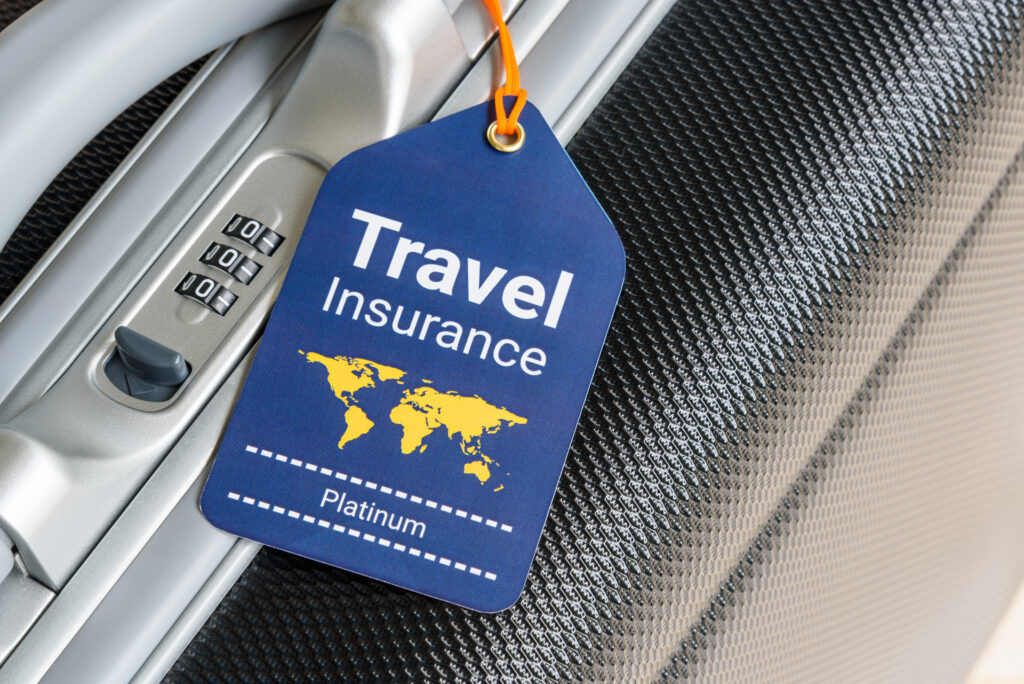Travel insurance, often perceived as a contemporary convenience, has a rich history that dates to ancient China. It has undergone significant transformations, adapting to the changing needs of travellers and the evolving landscape of global travel.
The Inception of Travel Insurance
Merchants traditionally invested in protection to safeguard against losses or theft encountered on their voyages. It wasn’t until approximately 1864 that James Batterson founded the inaugural travel insurance agency. At first, this service was a privilege mainly accessible to the affluent, as travel was not a widespread activity among the masses. Batterson provided insurance against a range of travel-related risks.
Expansion and Adaptation in the 20th Century
As awareness of medical risks during travel increased, travel insurance expanded to include health coverage. The rise of commercial aviation made it crucial to secure both business travel insurance and insurance for international leisure travellers.
Modern Developments and Personalization
In the digital age, the landscape of travel insurance has undergone profound changes. The widespread availability of the internet has revolutionized the way travellers approach insurance, allowing them to compare and purchase policies through online platforms. This shift has reduced the role of traditional insurance agents.
Today, travel insurance is highly personalized and designed to meet the specific needs of each individual. It offers comprehensive coverage for a wide array of risks, including medical emergencies, trip interruptions, cancellations, and even unforeseen events like acts of terrorism. This progression ensures that travellers are well-protected in a variety of scenarios, providing peace of mind as they embark on their journeys whether it be for business or fun.
The Future: Embedded and AI-Driven Insurance
Since the COVID pandemic, which hastened the shift away from conventional buying habits, consumers have increasingly turned to online platforms to fulfil their individual requirements.
Conclusion
Travel insurance has transformed from a luxury for the affluent to a digital, adaptable safeguard, becoming an essential component of contemporary travel. As the industry progresses, it stands ready to further innovate, providing travellers with the assurance they need to journey across the globe.


